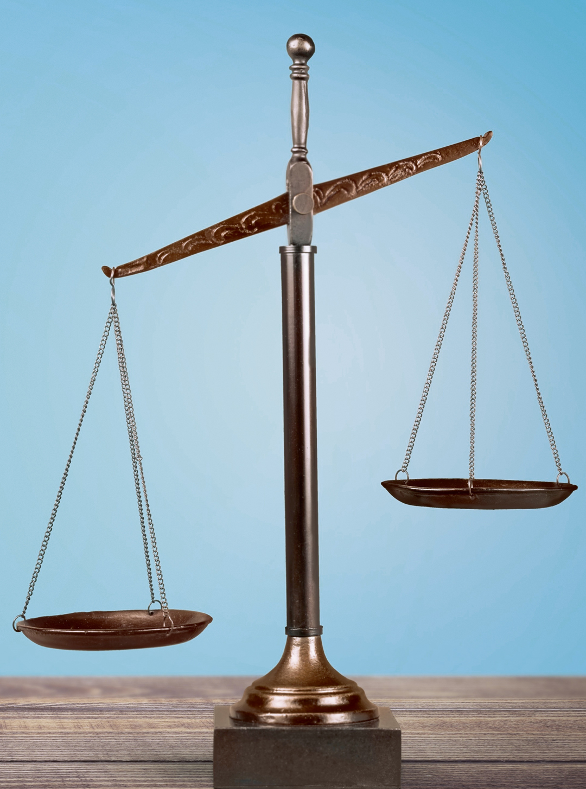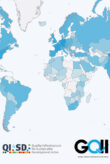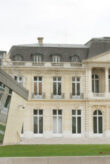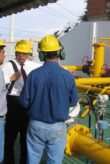The free trade of goods and services not only calls for political guidelines, but for norms and regulations to be recognised worldwide as well. It is often the case that developing and newly industrialised countries in particular do not have the resources to establish their own quality infrastructures (QI). An essential part of a QI is the metrological infrastructure; newly industrialised and industrial countries are working to develop those already present in their countries, wheras many developing countries are currently starting to form this infrastructure. The European Commission and the Federal Ministry for Economic Cooperation and Development (BMZ) support these efforts through the PTB.
A further requirement of this process is the harmonisation of national and regional laws and regulations. The International Organization of Legal Metrology (OIML) took on this assignment in 2008, and in 2012 released a document (OIML-D1:2012, Consideration for a Law on Metrology) together with the help of other regional and international organisations.
The BMZ provided grants to support a »benchmark test« of the national rules, carried out via projects with the PTB, that compared them to those set out by the OIML-D1. During the test, every single article of a national law was compared with the standards laid out by the OIML-D1 and then the degree to which those standards were met was presented to the relevent institutes.
The respective metrological laws of over ten individual countries from around the world, as well as around 25 nations from the ASEAN, COOMET and SAARC regions, were evaluated and given recommendations for improvements. Over 75% of these countries already adhere to the recommended structural and legal changes. Others want to follow in their footsteps – however they often lack the experts to implement these recommendations.
Detailed results of these tests can be found in the report in the OIML Bulletin Vol. LVIII Nr. 2, April 17, p. 16 to 24.








